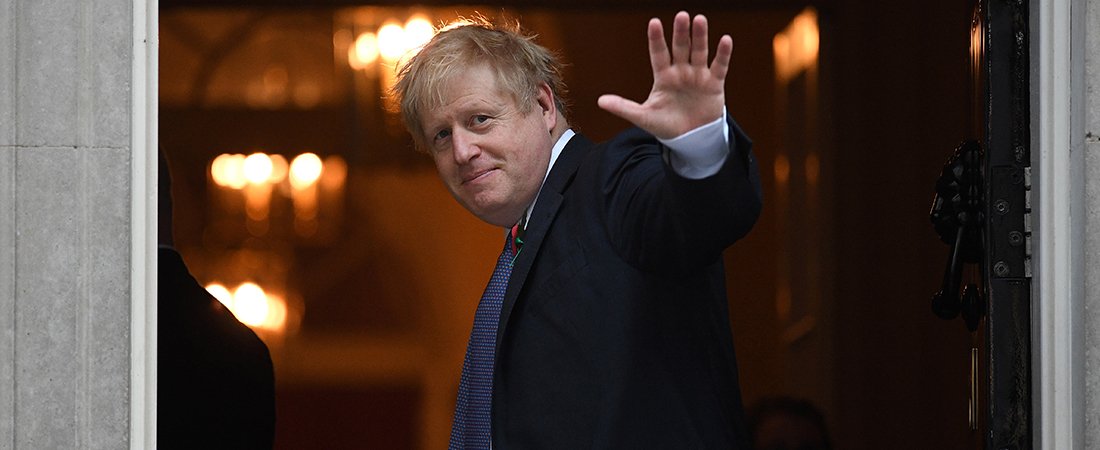Boris Johnson has gambled Britain’s future on the belief he can unite Leavers and Remainers who just want Brexit over so schools, hospitals and policing can get the attention they deserve.
A tiny clutch of advisers around the PM are convinced they can see a route to a solid majority in this Christmas General Election.
Win the election with a double digit majority, hurry the Withdrawal Agreement through Parliament and leave the EU by the New Year.
Then start governing a nation which has been stuck in limbo for three years.
This is Boris’s plan.
But beware. Those who know the PM well warn that he is prey to his own distinctive brand of “optimism bias”. To many, even some inside the No. 10 tent, it’s an improbable punt.
Going to the country at Christmas without having left the EU was never in the Premier’s game plan.
All his life he has achieved things by sheer force of will, friends point out.
But the real question is: can his enthusiasm overcome the tribal hatred of Conservatives in northern and Midlands Labour seats?
Talking privately to Sir John Major last night, the former PM told me he is convinced Britain will end up with another hung Parliament.
His view squares with those of the betting markets this morning.
Under this scenario, we face a second Brexit referendum or perhaps another General Election next year. Brexit could be off the table for good.
Or a Labour-led coalition comes in and begins the process of breaking up the free market economy.
But Boris had no choice. He had no majority and has decided to place Britain’s biggest ever bet.
And the view this morning from inside the PM’s camp is interesting.
They believe the parallels to the 2017 Election disaster are no longer there.
One well-placed individual in Downing Street says this morning: “The shine has worn off Corbyn and we have a better product and salesman than in 2017.
“That should lead to a majority.”
Boris is also convinced the Conservative Party has a much more impressive fighting machine at its party HQ. This matters particularly in a tightly-fought contest.
It’s also true to point out that Jeremy Corbyn’s Labour are riven with splits and the Lib Dems are lacking a big-hitting leader.
Insiders also point to voting retention from the 2017 poll. The Conservatives have kept around 75% of their support whilst Labour have shed nearly 50% of their numbers.
They will target Labour-supporting men in the north who want job security and better public services rather than tax cuts – and hope to pick up as many as 60 new seats in places they’ve rarely or never held.
That’s why the Premier has committed a small fortune to schools, hospitals and policing. These are what matters to the target swing voter.
This is the so-called Workington Man, identified by Portland adviser Lord O’Shaughnessy and Will Tanner in an Onward pamphlet today.
In Scotland the Conservatives are likely to lose at least eight of their 13 seats – although Boris has promised to deliver his campaigning magic north of the border.
The West Country seats which turned blue under David Cameron in 2015 are a mixed bag. Some will benefit as the surging Lib Dems dilute opposition to the sitting Conservative MP. But others, where Tories are facing the Lib Dems in second place will be doomed.
And of course, there’s the Boris magic. He is a formidable campaigner who won two London Mayoral elections in a Labour City.
Both times he fought someone cut from the same cloth as Jeremy Corbyn.
No one really knows if he can unite Leavers and Remainers, Labour diehards in the north, and hold on to seats like Cheltenham in the west.
But the stakes for Britain are the highest imaginable.

